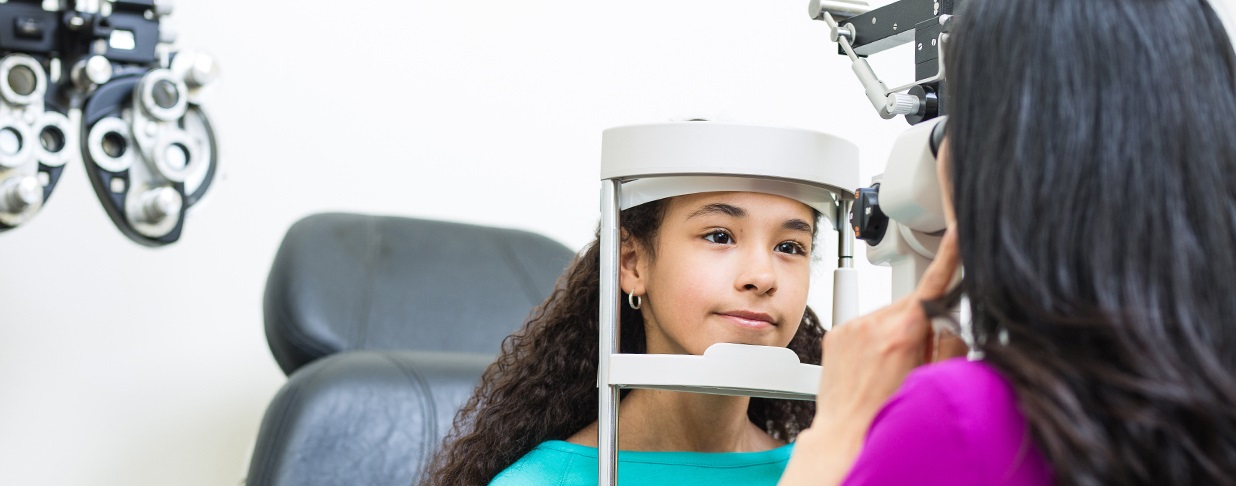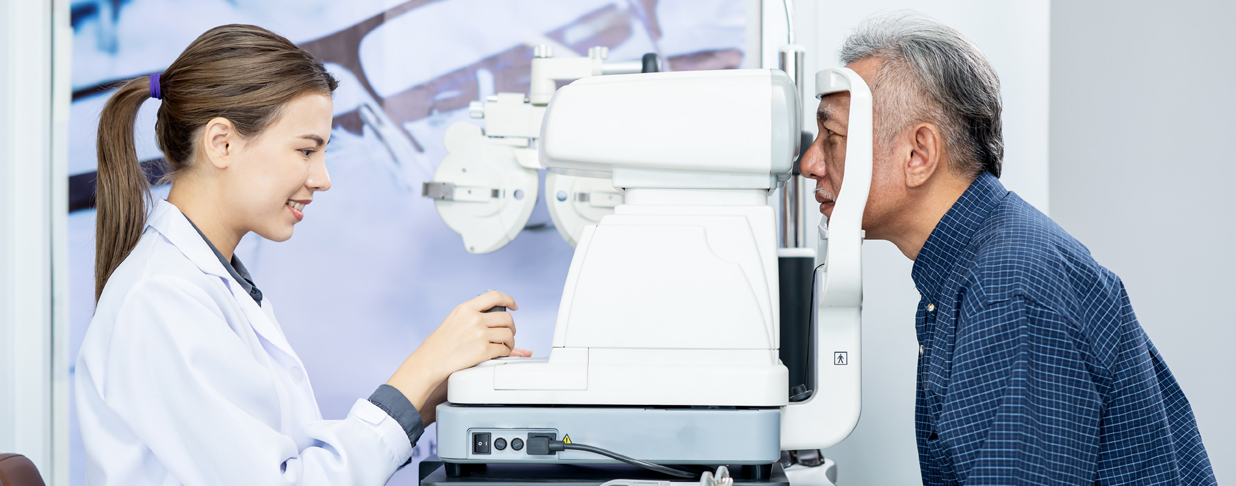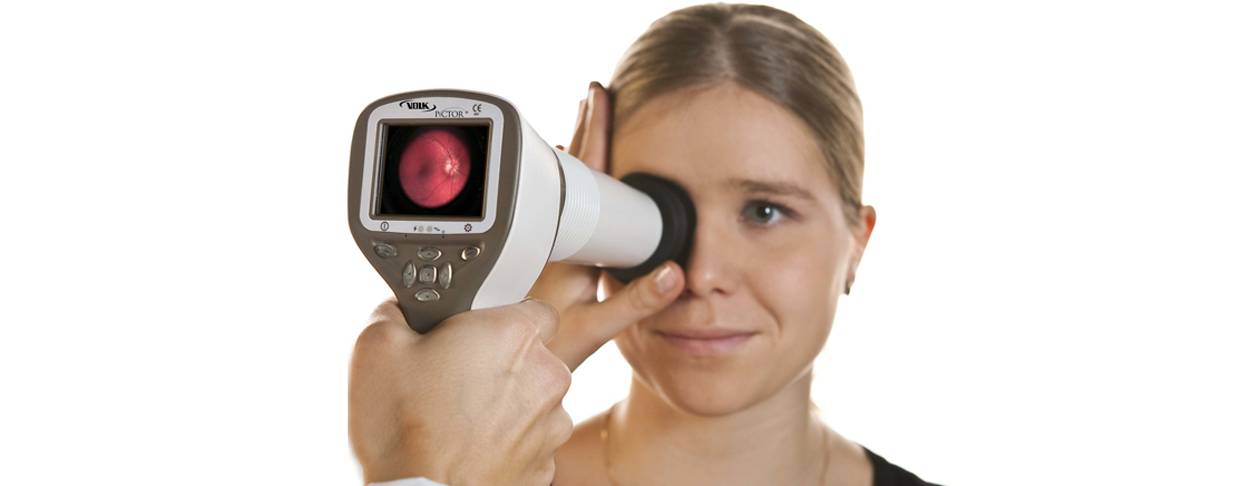Given the importance of healthy vision to academic success, at the start of the school year, students will likely be lining up outside their nurses' offices for their vision screenings. But vision school screenings are not enough to replace comprehensive eye exams performed by eye doctors. The American Optometric Association states that school vision screenings miss up to 75% of children with vision problems. And 61% of the children with vision problems detected by a school screening never follow up with a doctor.1
Passing a vision screening does not mean a child has perfect vision2
The frequency of children with significant vision problems,3 coupled with the difficulty children have recognizing and articulating their vision issues, underscores the need for in-school screenings. These vision screenings are a good start for testing visual acuity and detecting basic problems such as distance vision, color blindness and eye coordination. They can also indicate the need for further evaluation and treatment from eye care professionals.
But these screenings will not determine if a child has a vision disorder.4 They exclude a range of tests for serious eye conditions and diseases and they can be unreliable. In fact, up to 75% of school vision screenings miss vision problems.5
Most of all, screenings are not designed to evaluate overall eye health. LensCrafters optometrist, Dr. Julie Hively shares her expert insight on why, below:
“Kids use their eyes constantly in the classroom and on the playground. Problems often come to light during the first months of the school year, when children either have a basic vision screening in school or their teacher notices them struggling academically. In-school vision screenings generally only test for how well a child sees at various distances, so it’s important for children to have the health of their eyes checked by a doctor through a comprehensive exam each year, even if you haven’t noticed signs of a problem.”
Did you know? Over 10 million children in the U.S. suffer from vision problems that can affect learning success.4
What comprehensive exams offer that vision screenings do not
A comprehensive eye exam performed by a licensed optometrist or ophthalmologist can uncover vision problems that might go undetected in a screening, such as depth perception and peripheral vision, how well the eyes work together and astigmatism – all of which can affect learning and social development. Comprehensive eye exams may also diagnose serious eye conditions and diseases before there are obvious signs or symptoms—helping prevent vision loss. And as we age, eye doctors can even detect the early, often subtle signs of several high-risk health conditions, such as high cholesterol, high blood pressure and diabetes. 1
Identifying and correcting vision as early as possible may have an impact on a child in school and out. For this reason, the American Optometric Association (AOA) recommends professional and comprehensive eye exams well before school even starts. The first exam should be as early as 6 months, then at 3 years, at 5 years, and every year the child is in school. 5
Some common eye tests conducted for children in a professional eye exam include:
• Current refractive error measurement using retinoscopy to test for myopia, hyperopia and astigmatism
• Eye pressure measurement to identify glaucoma
• Eye health using a silt-lamp to see in front of and inside the eye
• Visual acuity to measure the definition of the child's vision
• Blind spot detection using a visual field test
• Eye misalignment using cover tests
• Eye disease identification through pupil dilation6
The list of reasons for annual comprehensive eye exams is long – from ensuring eyes are developing normally, to detecting incremental changes that screenings may miss. It is recommended by ophthalmologists to visit your eye doctor annually, just as you would for a checkup with your dentist or general physician.7
EyeMed is committed to removing the barriers to getting an annual comprehensive eye exam. Contact your EyeMed rep to learn more about low-cost, or even no-cost exam benefits.8 Or visit eyemed.com to learn more.
••••
1 - "Championing Children's Eye Care," American Optometric Association, July 24, 2019.
2 - “Are Vision Screenings Reliable?" Dr. Russel Lazarus, Optometrists Network, April 20, 2021.
3 - “2021 Update: Vision Therapy for Learning," Dr. Russel Lazarus, Optometrists Network, April 25, 2021.
4 - "Difference Between Vision Screening and Eye Exam," National Center for Children's Vision and Eye Health, access August 15, 2021.
5 - Comprehensive managed vision care is more than mere “medical management,” Klunk, E., September 20, 2019
6 - "All About School Vision Screenings," I Care Vision Centers, accessed August 10, 2021.
7 - "The Importance of Annual Eye Exams,” Donald McCormack, MD, Boulder Medical Center, accessed August 23, 2021.
8 - Available with Eye360 at PLUS Providers. Not available in all states.




